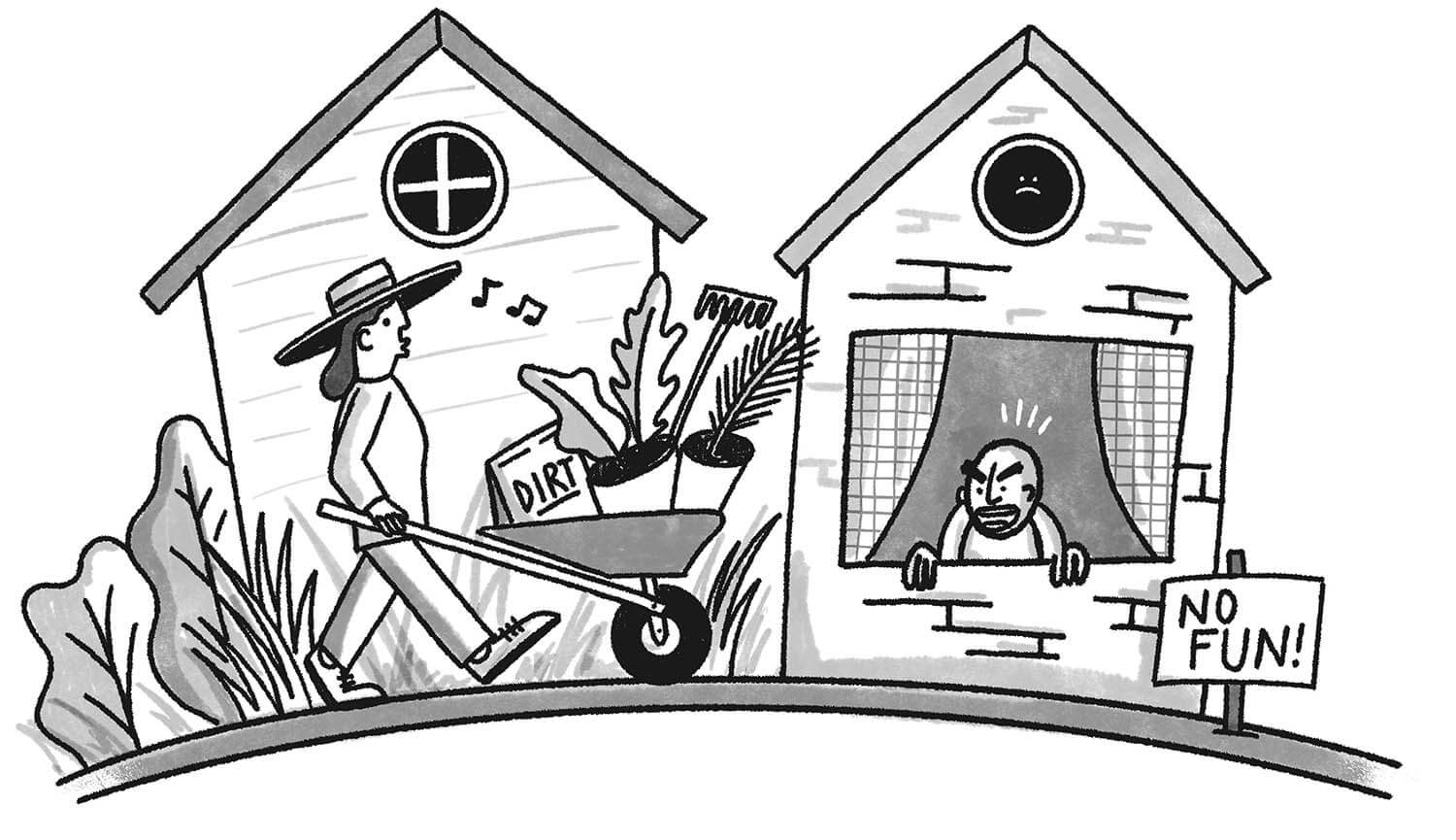Since taking office, Councillor Ashley Salvador has noticed a reoccurring theme as she’s strolled and spoken with people who live in Ward Métis, the east-central area she serves: plants and flowers overtaking the grassed boulevards right in front of homes. Some wanted to grow food, others flowers, but all were interested in beautification. In fact, some were already informally gardening on the boulevards.
“People are looking for opportunities to be ecologically responsible, to make the most of their properties and to make better use of spaces in their community,” says Salvador.
This year, the City accepted a motion Salvador put forth regarding guidelines including height restrictions, and suggestions for appropriate species.
Now people can partake in “boulevardening”— a term coined by Councillor Aaron Paquette who, back in 2017, started the food and agribusiness diversification initiative to address gaps in food security. He was also concerned about the amount of monoculture (single-crop) plantings in the city, which he says are unsustainable and costly.
That conversation has led to Paquette and others championing opportunities for urban farming, mobile food markets, and how to support neighbourhoods in establishing their own community gardens and orchards. The city is also discussing wider-scale alternatives for turf and naturalization options for medians and bigger roadways as well as better use of large-scale green spaces.
Now, boulevardening is a part of that larger dialogue. “In the city we’ve got a whole lot of underutilized and un-noticed pockets of lands that frankly aren’t doing anything and if we can use it to increase the biodiversity in the city and increase and enhance the beauty and uniqueness of our communities, why wouldn’t we do that?” asks Paquette. “To me, it seems like it shouldn’t even be a debate.”
But, there was actually some debate, as some members of council worried that the new gardens could be unsightly and difficult to manage.
